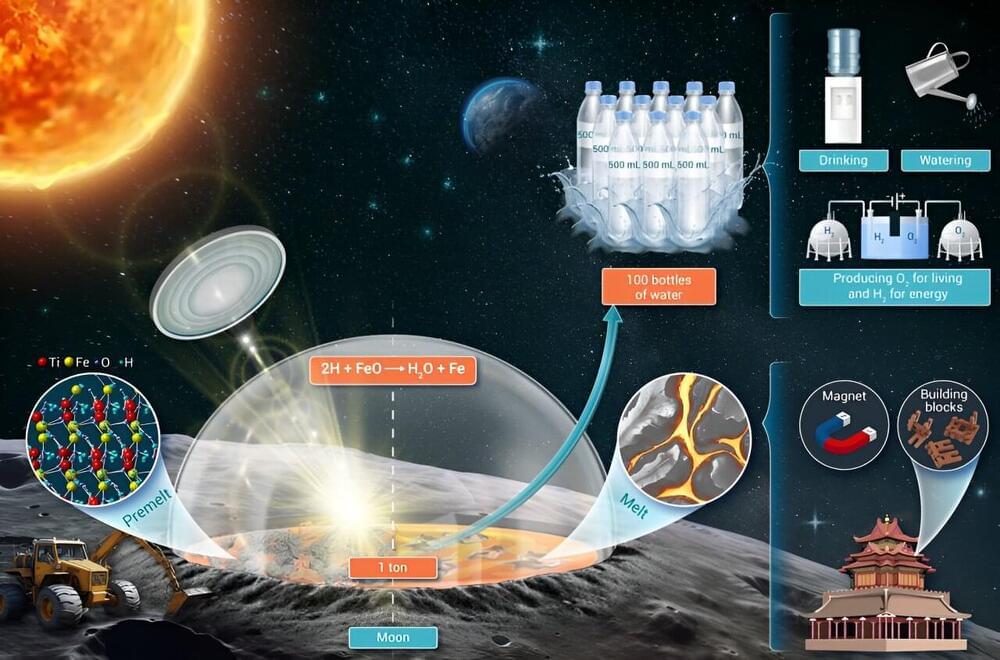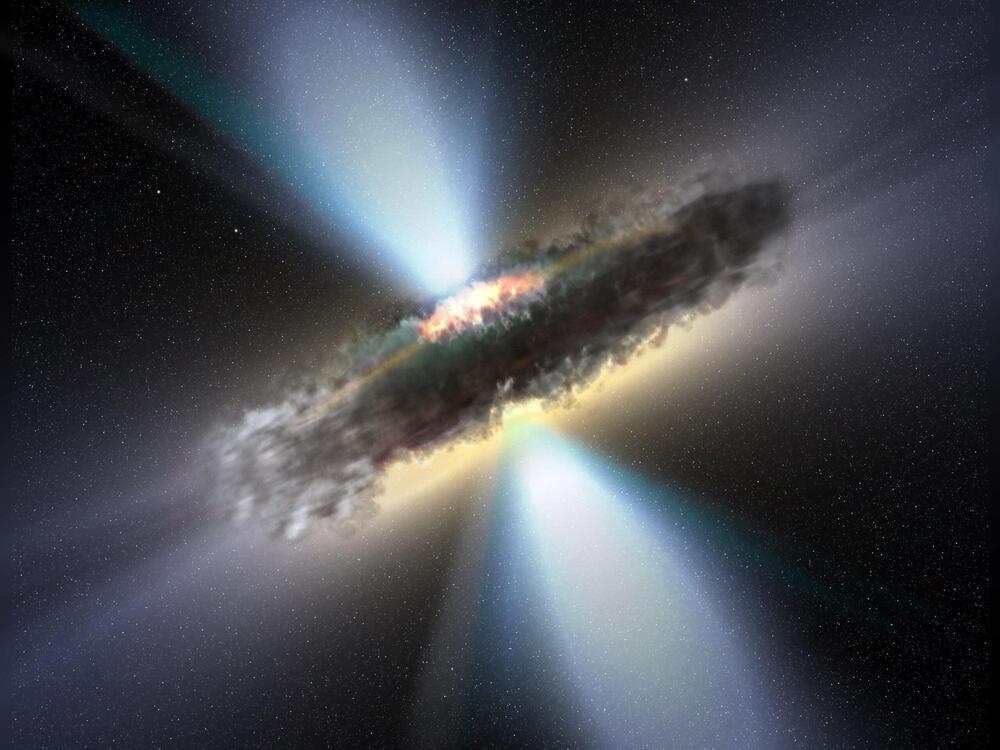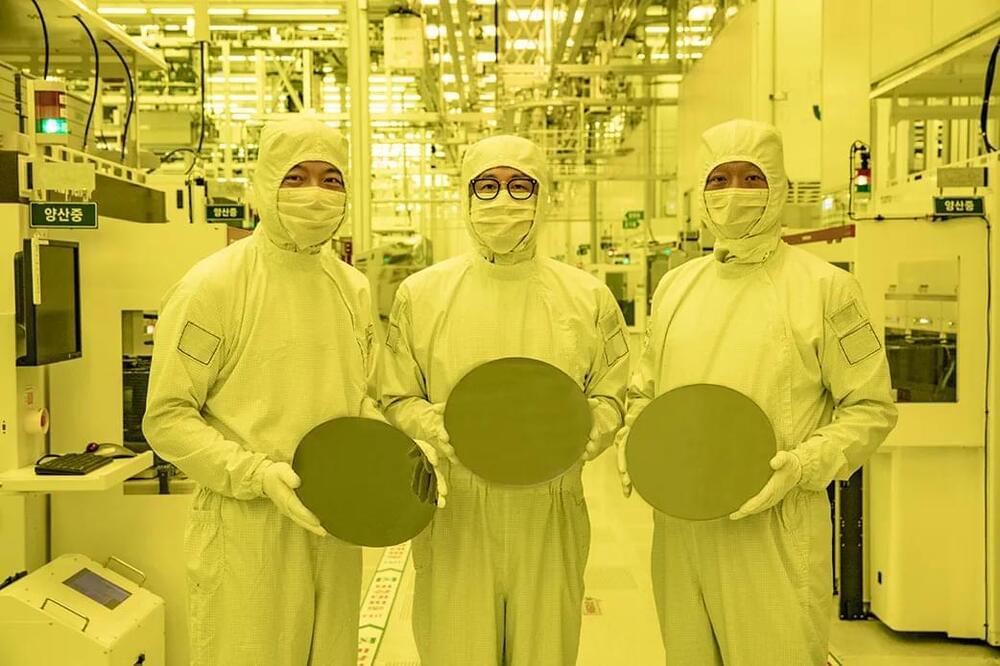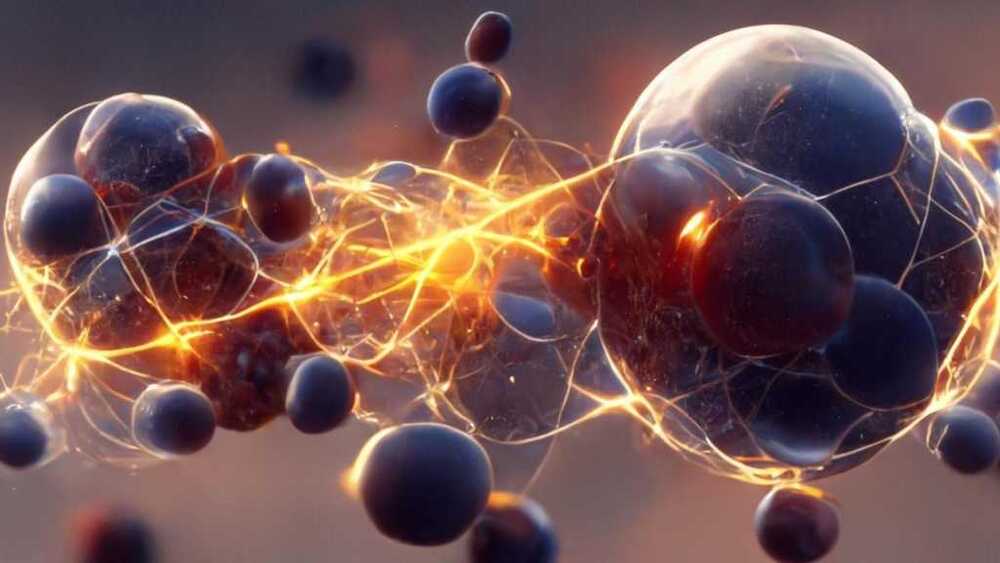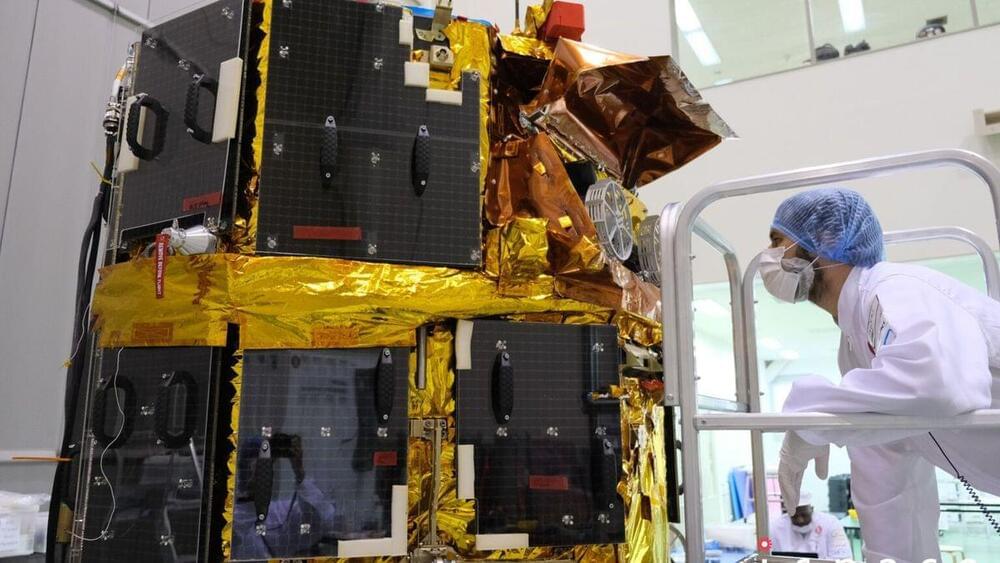Water plays a crucial role in human survival on the lunar surface, thus attracting extensive research attention. Prof. Wang Junqiang’s team at the Ningbo Institute of Materials Technology and Engineering (NIMTE) of the Chinese Academy of Sciences (CAS) has recently developed a new method of massive water production through a reaction between lunar regolith and endogenous hydrogen.
Research results of previous lunar explorations, like the Apollo and Chang’E-5 missions, have revealed the widespread presence of water on the moon. However, the water content in lunar minerals is extremely low, ranging from 0.0001% to 0.02%. It remains challenging to extract and utilize water in situ on the moon.
“We used lunar regolith samples brought back by the Chang’E-5 mission in our study, trying to find a way to produce water on the moon,” said Wang. The study was published in The Innovation.
